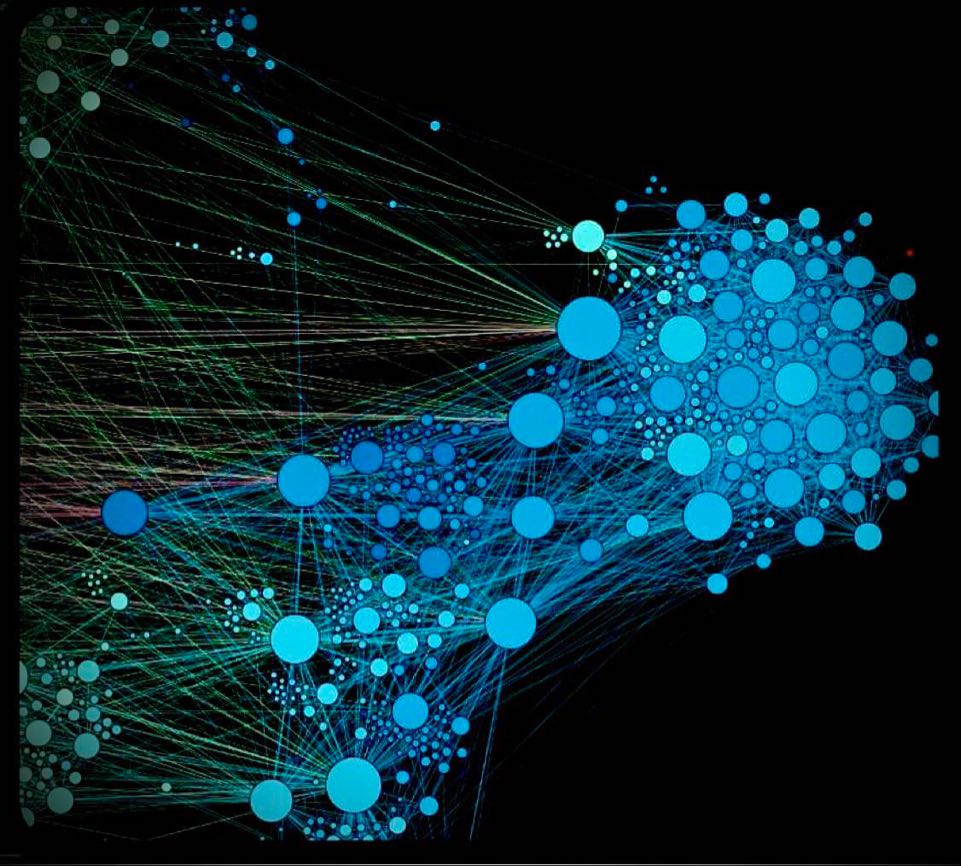
(Re)Assembling Asias through Science
Over the past two decades, a proliferation of critiques have emerged from a body of critical inter-asian scholarship to challenge, revise, and situate the conventional theoretical categories, frames, and founding assumptions of many humanities and social science fields, with notable interventions into trans studies (Chiang, Henry, & Leung 2018), queer theory (Chiang & Wong 2017; Yue 2017; Yue & Leung 2016; Wilson 2006), and the anthropology of science and technology (Ong 2016; Ong & Chen 2010). These projects are as theoretical as they are political, ethical, and methodological, posing fundamental questions about the politics of knowledge production, encouraging a critical awareness of the geopolitical positions and historical locations from which our analytic concepts emerge, as well as a heightened sense of the audiences they are intended for, how they may travel, and an epistemic humility that embraces and acknowledges contingency and limitation. With the expansion of academic presses, journals, and academic professional organizations in Asia, a growing number of graduate students and professional researchers now find themselves straddling and translating across an interface that spans continents, from academic centers in Europe and the United States to intra-asian networks and spaces of knowledge production. (read more...)

